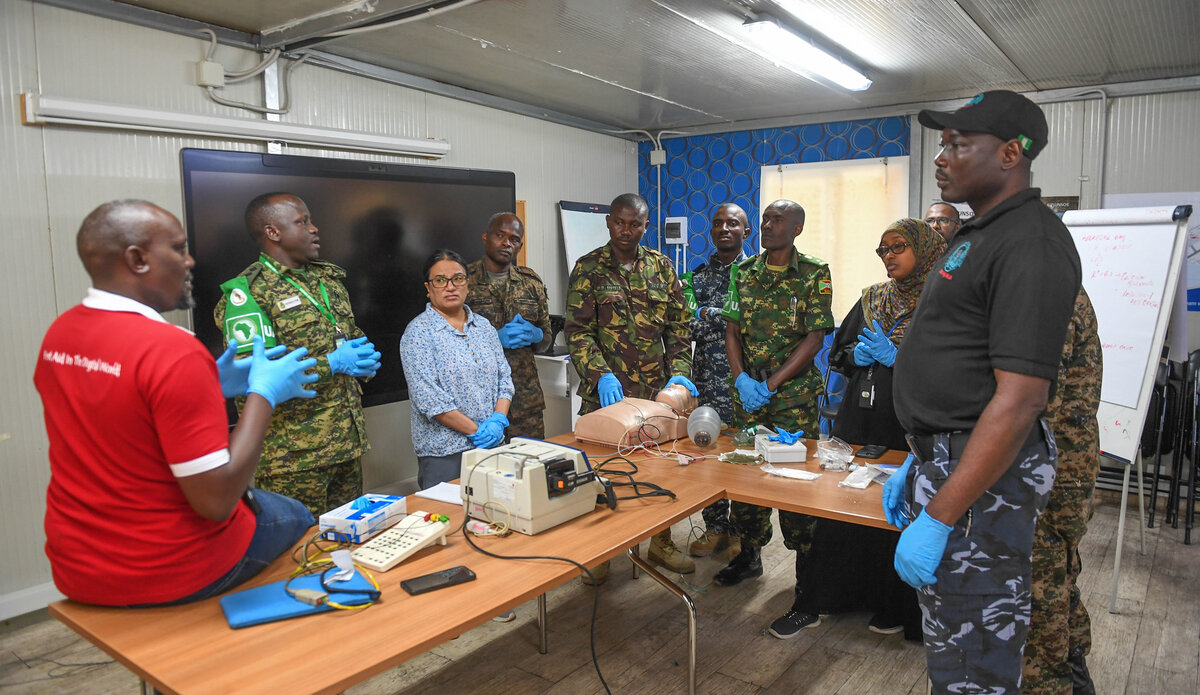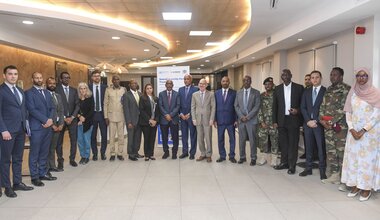UNSOS trains ATMIS, SSF and UNSOS medical personnel on emergency medical care
Mogadishu – “I have gained invaluable insights and skills to help my country, and I am grateful to our trainers,” noted Lt. Osman Abdi Osman, a medic from the Somali National Army hospital in Mogadishu at the end of a four-day emergency medical care training.
Osman is among Fifty-three (53) medics from the Somali Security Forces (SSF) and the African Union Transition Mission in Somalia (ATMIS), who attended the capacity building training organised by the Medical Services Section of the United Nations Support Office in Somalia (UNSOS).
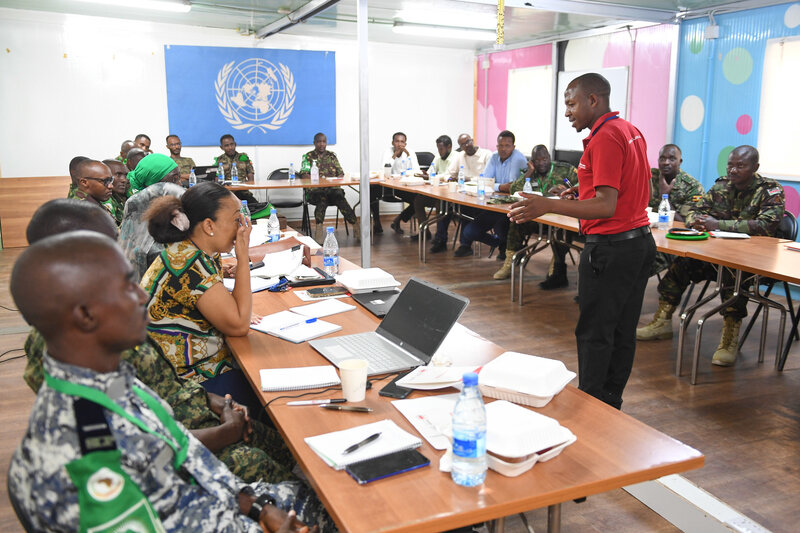
The trainings on Pre-Hospital Trauma Life Support (PHTLS), Basic Life Support (BLS) and Advanced Cardiac Life Support (ACLS) were held from 13 to 16 May 2024 at the Integrated Mission Training Centre, AAIA, Mogadishu and facilitated by instructors from the Nairobi-based Kenya Red Cross Training Institute.
It is the second of its kind to be organized by UNSOS and aimed at equipping the participants with the knowledge and skills to enable them to effectively recognize, respond and manage patients appropriately during emergencies. This will also build the capacity of SSF personnel to provide emergency care to soldiers injured in combat in the context of ongoing efforts to prepare the Somali Security Forces (SSF) to take over security responsibilities once African Union peacekeeping forces exit Somalia.
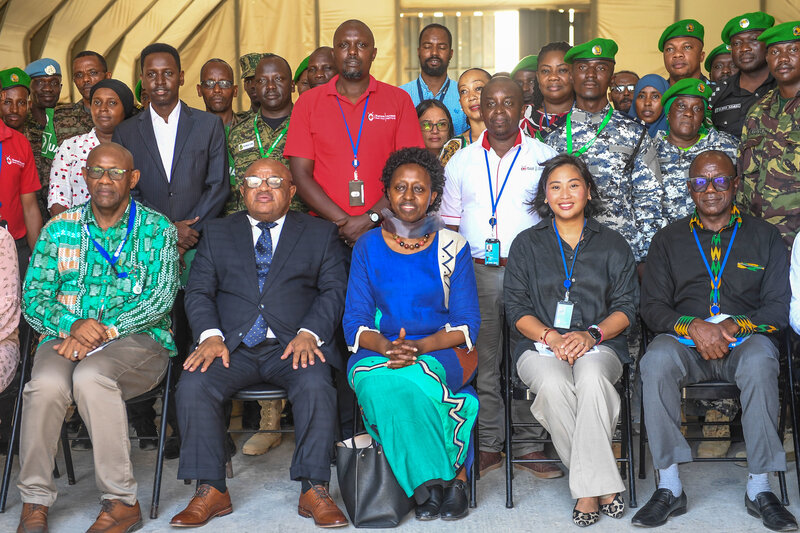
“Capacity building is one of the key cornerstones of ensuring a sustainable, smooth security transition from the African Union mission to the Somali Security Forces as we proudly support Somalia to take its rightful position,” said the Head of UNSOS, Assistant Secretary-General Dr. Aisa Kirabo Kacyira in her opening remarks.
The Head of ATMIS, Ambassador Mohamed El-Amine Souef welcomed the training noting that it would improve emergency treatment for injured soldiers.
“This will mitigate the risk of losing our soldiers due to lack of proper management when injured. The local population will also benefit from the care that Somali and ATMIS troops can extend in case of mass casualty incidents,” stated Ambassador Souef.
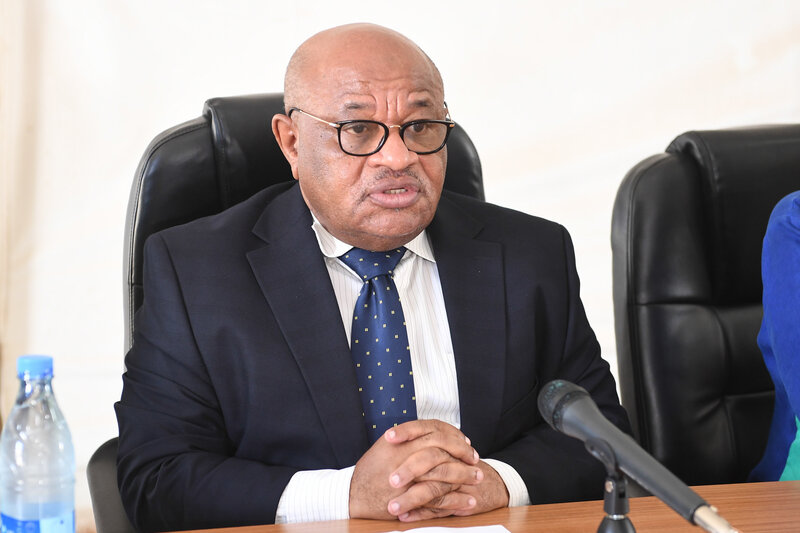
The UNSOS Chief Medical Officer, Dr. Papa Alioune Fall, urged the ATMIS, SSF and UNSOS medical personnel to put into practice the vital knowledge and skills acquired to save the lives of soldiers in combat operations.
“You all know that during the transition, we have many casualties, and we need skilled healthcare workers to manage them. And I believe you are now better equipped to do this,” said Dr. Fall.
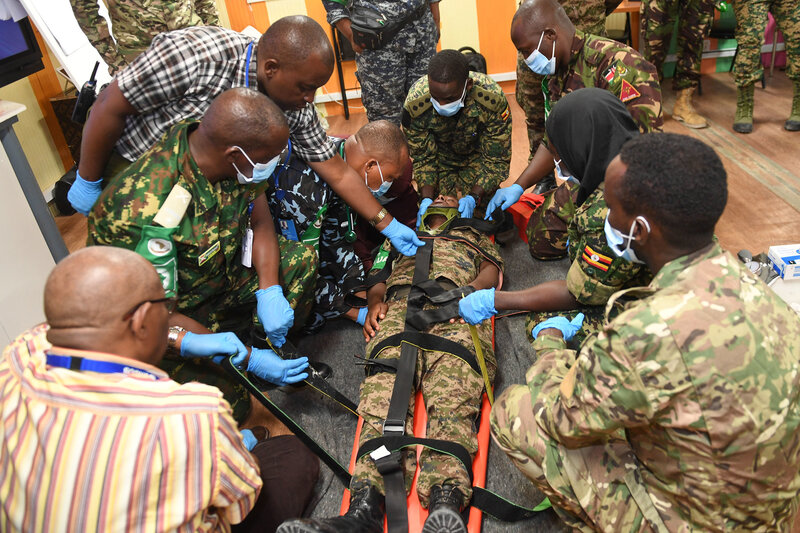
While closing the trainings, UNSOS Chief Operations and Resource Management, Cristina Gavazzo, encouraged the medics to put into practice the skills they gained.
Like Lt. Osman, other ATMIS and SSF personnel who attended the training hailed the course for imparting skills and knowledge, which would enable them to provide emergency medical care to injured colleagues.
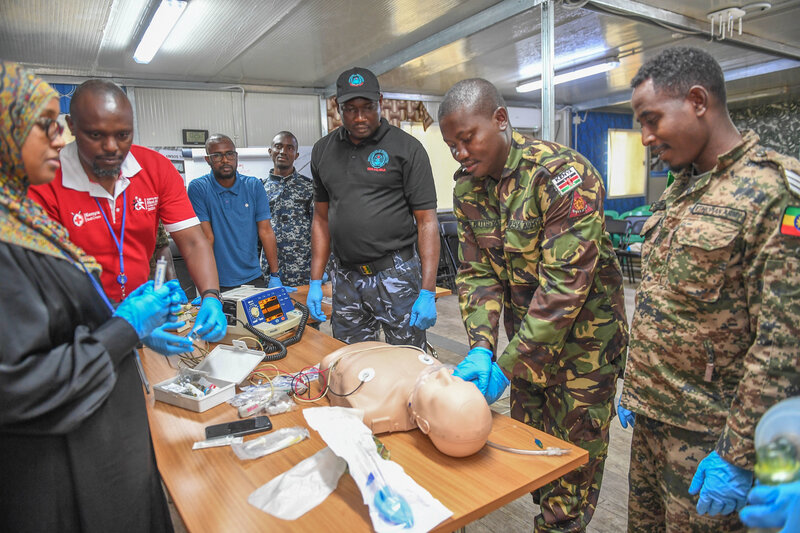
“This course and the certificate are very meaningful to me. I'm determined to make use of it and even what I have learnt here, I will make use of it (when I return home) to Sierra Leone,” said Sub-Inspector Mabinty Kamara from the ATMIS Sierra Leone Formed Police Unit based in Kismayo.
Deputy Inspector of Police Ojo Opeyemi, from the ATMIS Nigeria police contingent said, “The training is relevant to me as a doctor. I not only learned the basics of medicine in the hospital, but also learned outside the hospital.”
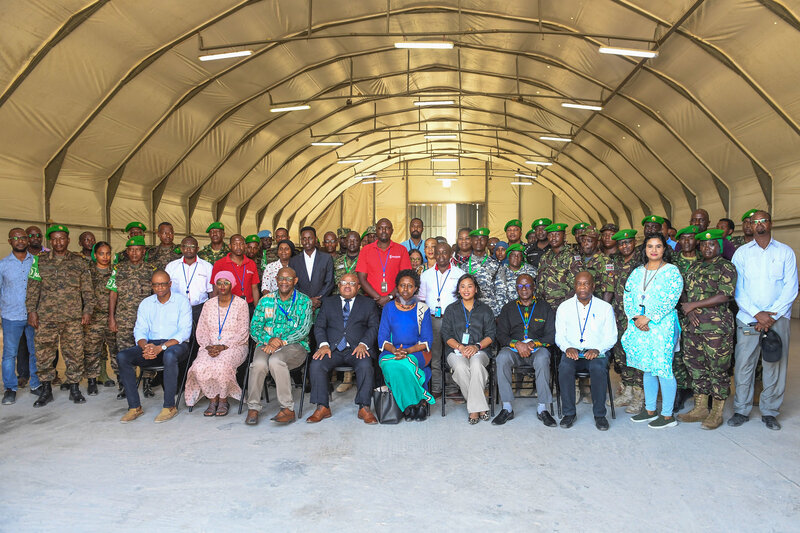
Present at the closing ceremony were senior UN and ATMIS medical officials including ATMIS Medical Planning Officer, Dr. Komlan Moreira.
 UN
UN
